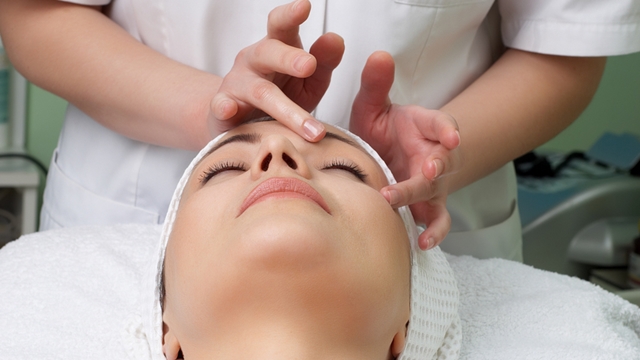Consumer complaints about the business practices of Singapore beauty salons soared last year.
According to The Consumers Association of Singapore (Case), there was a notable increase in complaints on the use of pressure sales tactics to compel consumers to buy beauty packages at salons. Case says it received 1537 complaints from consumers about beauty salon practices during the year, fewer than the 1664 of 2015, but enough to push the beauty industry into the second most-complained about spot on the industry table, behind only car dealers, and overtaking electronics retailers. What has changed is the type of complaints relating to salons.
“Pressure sales tactics in the beauty industry are on the rise,” said Case in a review of consumer complaints for 2016. “The exertion of undue pressure on a consumer to enter into a transaction is an unfair practice under the Consumer Protection (Fair Trading) Act. This is another significant area of concern for Case.”
The number of complaints received about unfair sales tactics now exceeds more than one every day, 367, up notably from 269 in 2015 and 215 in 2014.
Some examples provided by Case of the sales tactics employed by these businesses include:
* Promotion of beauty packages when the consumer is undergoing treatment in a vulnerable position and withholding the treatment if the consumer refuses to buy.
* Increasing numbers of staff who persistently promote the beauty packages while deterring the consumer from leaving the room.
* Withholding the consumer’s credit/debit card unless the consumer agrees to the purchase or swiping a certain amount from the consumer’s card without his/her prior consent.
“In view of such complaints, we encourage all consumers to patronise CaseTrust accredited spa and wellness businesses which are committed to a five-day cooling-off period and a ‘no selling’ policy in the treatment room to deter the use of pressure sales tactics.”
As at the end of January, Case had accredited 697 businesses under that scheme.
California Fitness collapse drives club complaints
Meanwhile, the number of complaints received for the clubs industry increased from 623 complaints in 2015 to 1126 last year, largely due to the collapse of California Fitness in July, after which Case received about 600 complaints regarding prepaid membership fees and unused gym sessions.
Defective goods complaints have increased, with the bulk of them involving motor vehicle defects.
Case also said the spate of businesses closing down abruptly last year after collection of
prepayment from consumers was “a serious concern”.
In 2016, Case received a total of 19,102 consumer complaints and achieved a 76.6 per cent resolution rate for filed cases.
The breakdown of the top 10 industries for which complaints were received (compared with the previous year) is in the table below:







